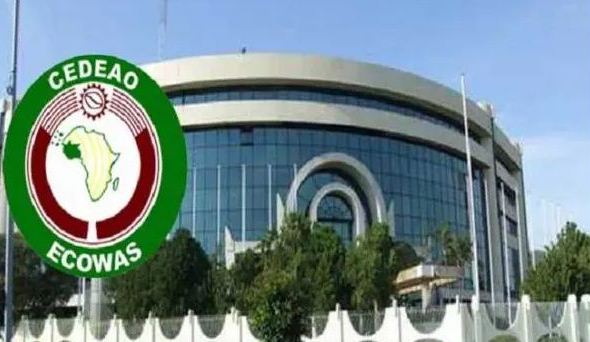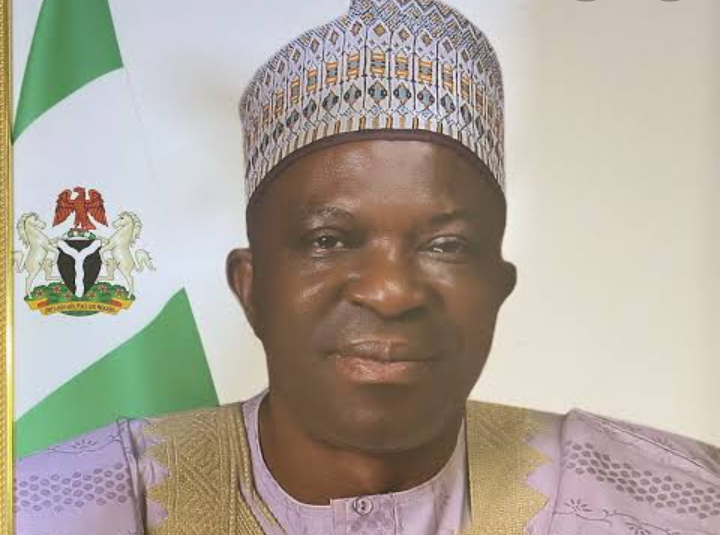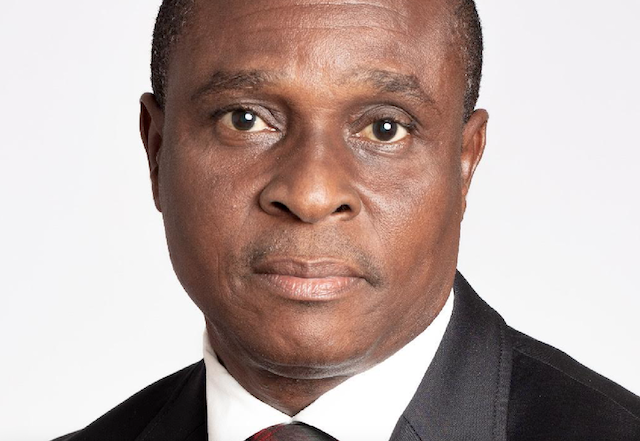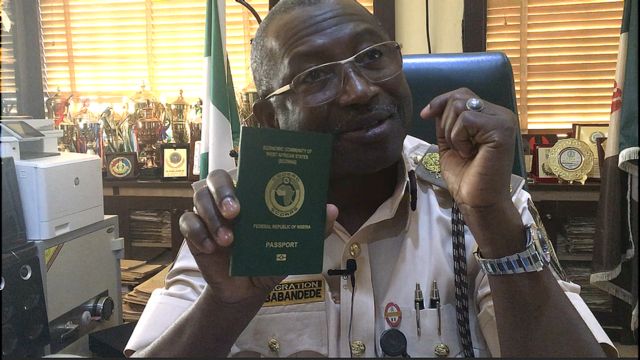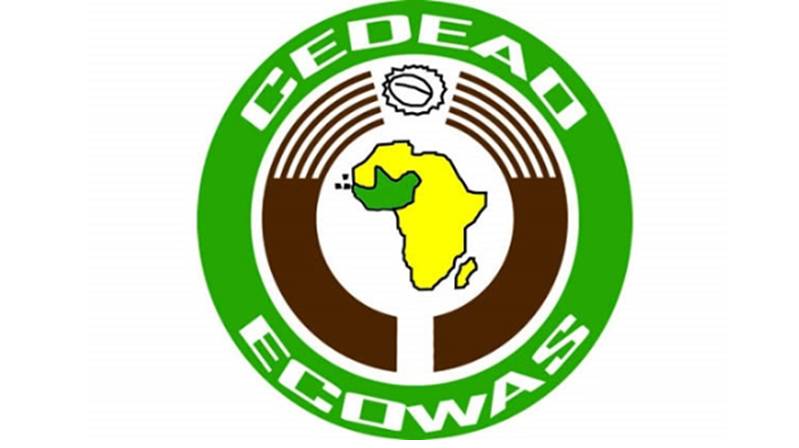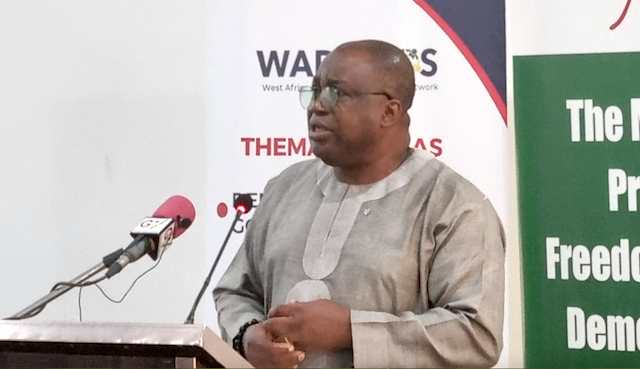Economic Community of West African States, ECOWAS, has expressed satisfaction with the conduct of the Governorship and State Houses of Assembly elections on Saturday.
According to a statement by the organization, the electoral process of March 18 was peaceful.
The statement read, “The ECOWAS Election Observation Mission deployed by the President of the Commission of the Economic Community of West African States, His Excellency Dr Omar TOURAY, has been on ground monitoring the Gubernatorial and State Assembly Elections in Nigeria held on Saturday, 18 March 2023.
“A total of 837 candidates vied for the position of Governors in 28 States out of 36 whilst the State Houses of Assembly Elections held in 36 States except FCT, Abuja and 10,240 candidates vied for 993 State Assembly seat.
“The ECOWAS Election Observation Mission has been monitoring the process, which has been peaceful generally with all the stakeholders present (INEC officials, party agents and voters) expressing satisfaction at the process.
“In all, one hundred and sixty-three (163) observers have been deployed by ECOWAS and they are drawn from the Community Institutions (the Commission, Parliament, and the Court of Justice); West African Ambassadors accredited to ECOWAS; Member States’ Electoral Commissions and Ministries of Foreign Affairs; and electoral experts from civil society. It also included a thirteen-member Core Team of electoral experts that has been in the country prior to the presidential and national assembly elections.”
TheNewsGuru.com (TNG) reports that ECOWAS (also known as CEDEAO in French and Portuguese) is a regional political and economic union of fifteen countries located in West Africa.
Collectively, these countries comprise an area of 5,114,162 km2 (1,974,589 sq mi), and in 2015 had an estimated population of over 349 million.
The goal of ECOWAS is to achieve “collective self-sufficiency” for its member states by creating a single large trade bloc by building a full economic and trading union.
The union was established on 28 May 1975, with the signing of the Treaty of Lagos, with its stated mission to promote economic integration across the region.
A revised version of the treaty was agreed and signed on 24 July 1993 in Cotonou.
The ECOWAS also serves as a peacekeeping force in the region, with member states occasionally sending joint military forces to intervene in the bloc’s member countries at times of political instability and unrest
